
ISLAMABAD: In a sudden reversal in the tide of events, Prime Minister Yousuf Raza Gilani lauded on Saturday the army’s role in preserving country’s security and impressed on national institutions to work in harmony, days after he accused Army Chief Gen Ashfaq Parvez Kayani of acting ‘unconstitutionally’.
“National unity is the need of the hour. Each organ and state institution has to play its due role, within its respective domain, to bring forth the best in promoting Pakistan’s national interest,” the prime minister said at a meeting of the Defence Committee of Cabinet, making it clear that while the government wanted to avoid a collision course, it also expected the military establishment and the assertive judiciary not to transgress their constitutional confines.
Besides the services chiefs, the meeting, convened to discuss a US Centcom report on the Nov 26 Nato attack on Pakistani border posts, was attended by federal ministers for information, defence, foreign affairs, interior, finance and defence production.
That the prime minister wanted his terms for reconciliation known publicly was clear from the unusual arrangements made by Pakistan Television to record and telecast his opening statement. On no other occasion, the prime minister’s remarks at the DCC meeting were recorded and broadcast.
Noticeable also was the absence of ISI Director General Lt Gen Shuja Pasha who, though not technically part of the committee, has been regularly invited to its meetings. In his place, the director general of Intelligence Bureau, the civilian spy agency, attended the proceedings.
Gen Pasha had been at the forefront of those pushing for getting the memo scandal, which is at the centre of the confrontation between civilian and military leaders, investigated by a Supreme Court-appointed commission even though Gen Kayani had only asked for the matter to be probed as a national security matter.
Moreover, there had been an unannounced agreement between the military and the government not to further pursue the matter after former ambassador to the US Husain Haqqani had been made to resign.
Prime Minister Gilani apparently extended an olive branch to the army as mediation efforts by senior politicians and ‘foreign friends’ got into top gear.
Hours before the DCC meeting, Army chief Gen Kayani had, in a surprise move, called on President Asif Ali Zardari. The one-on-one meeting is said to have lasted 45 minutes, possibly laying the ground for a rapprochement.
The army, according to one of the mediators, is ready for backing off, but wants the government to make the first move towards peace. This possibly explains the conciliatory stance taken by Mr Gilani at the meeting and devoting significant part of his opening speech to the civilian-military tiff which, otherwise, was not part of the agenda.
According to a participant of the meeting, Mr Gilani and Gen Kayani showed positive body language. “The meeting was conducted in a very cordial atmosphere,” he said, adding that other than the opening remarks by the prime minister there was no mention of the tensions.
Praising the services of the armed forces, the prime minister said: “The armed forces of Pakistan are a pillar of the nation’s resilience and strength. The nation applauds their heroic services in the defence of the motherland.”
But in the same breath Mr Gilani stressed the need for taking civilians along. “Similarly, the civil institutions have their due role to play for socio-economic development and for ensuring progress and prosperity.”
Dispelling rumours that the controversy on memo case had irreparably damaged an already uneasy civil-military and executive-judiciary ties, Mr Gilani reiterated his commitment to working for “strengthening of institutions”.
He emphasised: “The nation’s strength is its institutions. We will do everything to strengthen our institutions with a view to enhancing their effectiveness and capacity. There should be no ambiguity on this account.”


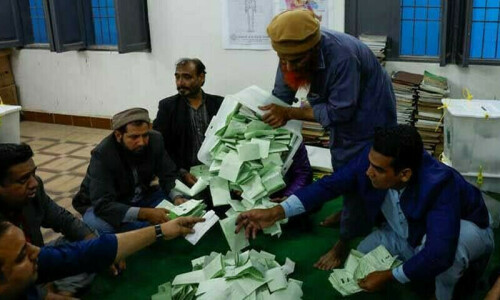














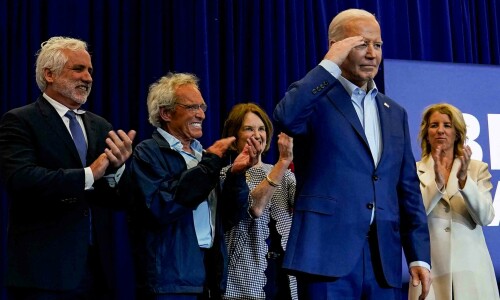
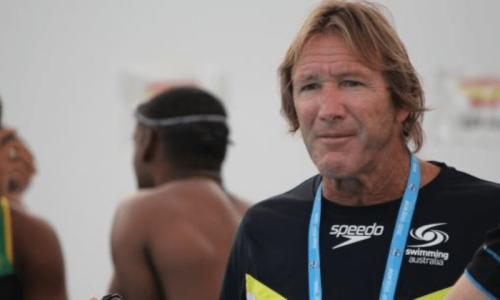






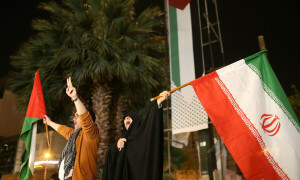
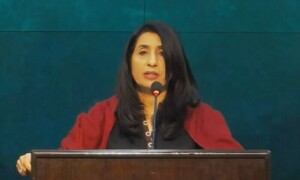


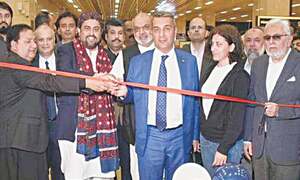


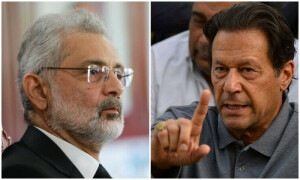












Dear visitor, the comments section is undergoing an overhaul and will return soon.